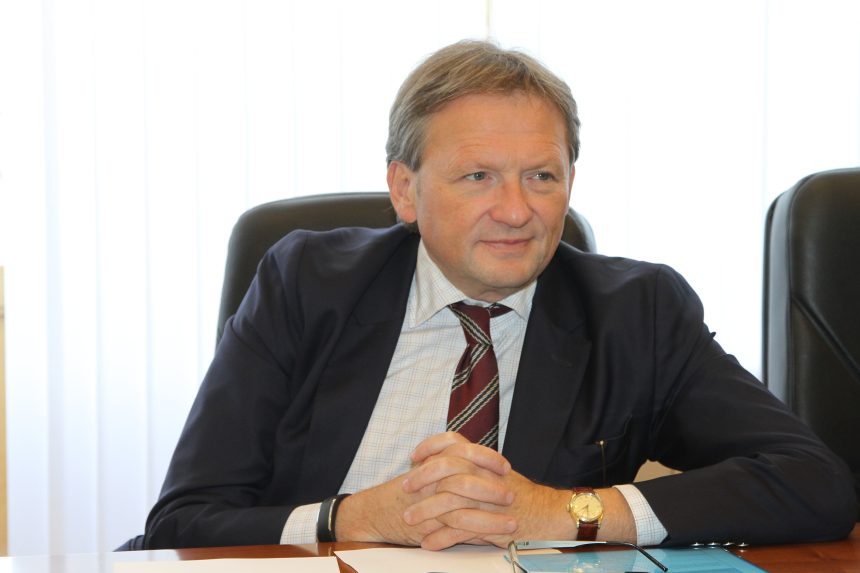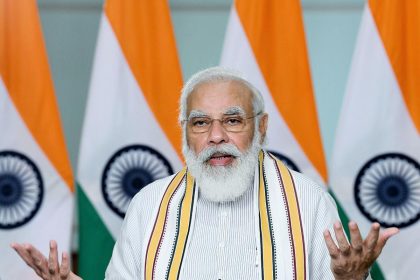Boris Titov – Special Representative of the President of the Russian Federation for Relations with International Organizations to Achieve Sustainable Development Goals, Chairman of the Coordinating Council of the Stolypin Institute for Economic Growth, Chairman of the Federal Political Council of the “New People” party.
Donald Trump has put the global trade war on hold and is now focusing on confrontation with China. On one side, tariffs have exceeded 100%; on the other, they are approaching that mark. This is no longer a complication of mutual trade — it is a complete blockade.
Of course, in Trump’s case, nothing can be taken too seriously or for too long; his decisions change rapidly. China’s leadership, however, unlike the American one, takes longer to act — but once in motion, it doesn’t back down. China has already made it clear that it will not be begging for concessions and is ready for confrontation.
If we extrapolate the current situation into the future in its unchanged form, it’s clear that the economic symbiosis between Russia and China will grow even stronger. On one hand, China needs to find new markets for goods originally intended for the U.S.; on the other, it must replace American supplies. About 10% of China’s imports from the U.S. consist of mineral fuels, petroleum products, and agricultural goods. These are the exact categories where Russia now has great opportunities to expand its exports — soybeans, corn, wheat.
In any case, the importance of having a reliable supplier of all strategic resources nearby is increasing sharply for China. Therefore, in my view, our economic and political relations will become even closer than before.











